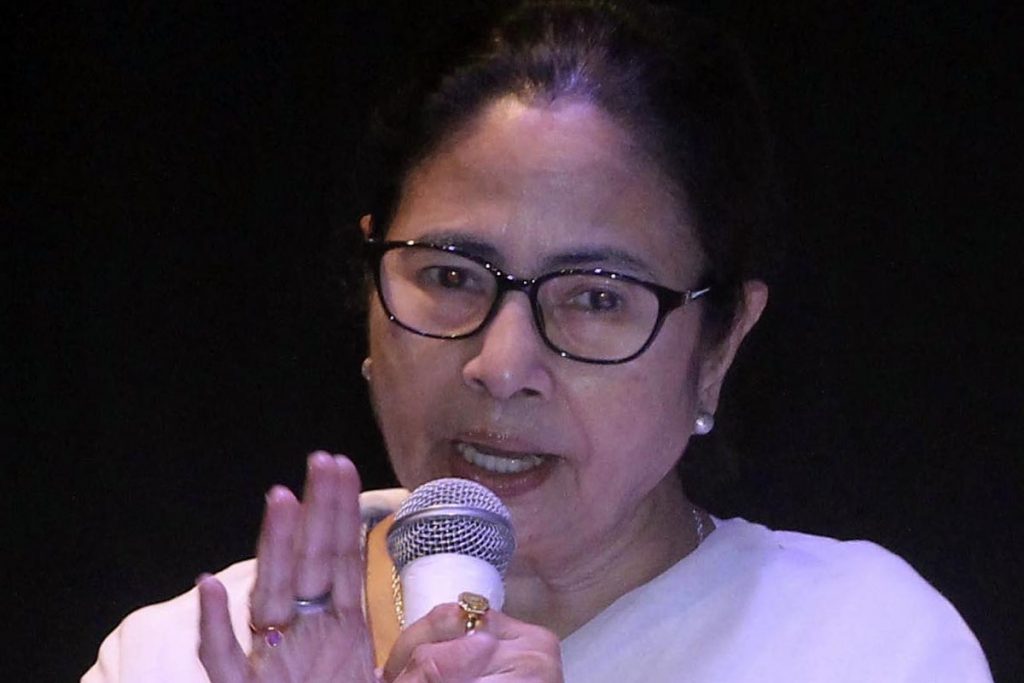West Bengal Chief Minister Mamata Banerjee has convened a meeting of the state cabinet at her residence at Kalighat in South Kolkata on Thursday.
Almost a month has passed since the chief minister returned from her overseas trip in Spain and Dubai, and she had been operating from her residence instead of going to the state secretary of Nabanna at Mandirtala in Howrah district of West Bengal.
The chief minister has reportedly received limb injuries during her overseas trip and since the doctors have advised her to rest, she decided to operate from her home.
However, her decision to convene the meeting of the state cabinet at her residence has surprised political veterans who do not recall any such incident where a meeting of the state cabinet was convened at the personal residence of any chief minister of the state in the past.
The small house at Kalighat where the chief minister has been residing for years is her “personal” residence and not her “official” residence. Despite repeated requests from her security team to shift to any “official” residence on security grounds, the chief minister never agreed to that.
On this count she preferred to follow the footsteps of her predecessor Buddhadeb Bhattacharjee, who had always stayed and is still staying in his two-room small apartment at Palm Avenue in South Kolkata.
There is no record of the current chief minister convening and conducting any meeting of the state cabinet at her residence.
“There had been instances of the cabinet meeting being conducted at the state Assembly premises when the house was in session. In 2019 there is precedence of the chief minister conducting the cabinet meeting on stage of her sit-in demonstration dais where she was protesting against the sudden visit of the CBI sleuths at the official residence of the-then Kolkata Police Commissioner Rajeev Kumar,” pointed out a veteran bureaucrat of the state government.
Veterans also do not recall any such event where the meeting of the state cabinet has been convened at the chief minister’s residence be it during the terms of Buddhadeb Bhattacharjee and the nonagenarian Indian Marxist Late Jyoti Basu.
